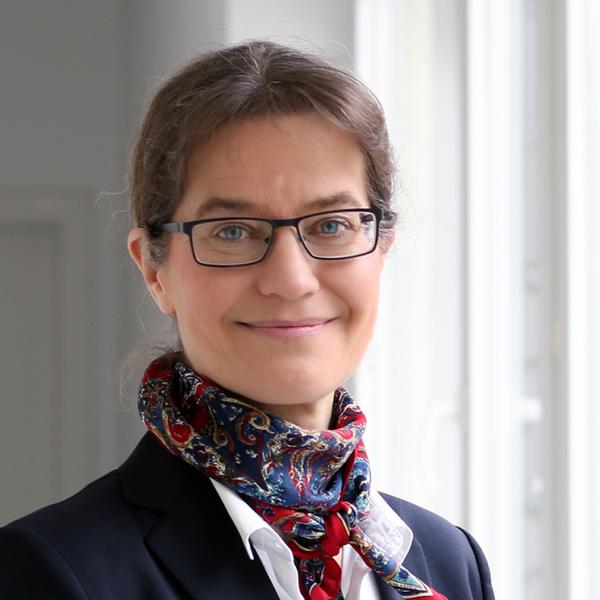4NEMO – Research Network for the Development of New Methods in Energy-system Modeling
Project period: November 2016 - October 2019
Research Areas:
Project Homepage: www.4nemo.de
Project Partners:
- German Aerospace Agency e.V. (DLR)
- ewi Energy Research & Scenarios gGmbH (ewi ER&S)
- Research Center Jülich GmbH
- RWTH Aachen University
- Technische Universität Bergakademie Freiberg
- The Technical University of Munich
- University of Stuttgart
- Center for European Economic Research GmbH (ZEW)
Partner-in-the-field: Representatives from industry, associations, energy companies and various scientific disciplines
Tasks
The envisioned goals of the Energiewende of increasing the market share of renewable energy and the reduction of greenhouse gas emissions have led to a dynamic transformation of the energy system. Closely connected to the increased share of renewable energy is the advancing regionalisation of the energy system. The increasing market penetration of intermittent generation technologies and the higher spatial dispersion of production structures and networks demand improvements in the coordination of the energy system and by all actors of society. This implies that besides technical feasibility and economic viability, social acceptance becomes an increasingly important aspect in the development of energy systems. The dynamic environment of energy systems is also visible in the variety of energy system models that are only partly capable of relecting the aforementioned challenges. On the one hand, there is a multitude of models for both the German and European energy market producing a large variety of results. This in turn means that the practical relevance of the results can hardly be estimated owing to the differences in assumptions about underlying conditions, data sources and model structures. Economic, technological and social factors, on the other hand, are only partly integrated into the existing models.
With this background ifo Institute coordinates nine renowned research facilities and institutes of higher education to pursue the two main goals of 4NEMO:
- Coherence, comparability and transparency of energy models should be improved. This concerns not only modelling and publications regarding model structures but also the consistency of datasets and technology assumptions
- Integration of economic and social factors and the affiliated uncertainty in energy models should be improved.
Project Parts
The research effort comprises of five work packages. Work package 1 defines a list of requirements reflecting the changed conditions of the energy markets. Work package 2 has the goal of improving the existing models along four clusters (technology, acceptance, regions and uncertainty). At the same time, consistent socio-technological scenarios and a concrete data framework are developed in work packages 3 and 4. In the final work package 5, established scenarios are used as the basis for a comparative model analysis.
The ifo Institute will be working on work packages 1, 2, 4 and 5 and further coordinates the entire research effort. In work package 2 the EU-REGEN model will be extended to incorporate the concept of social acceptance into the model structure. The improved model will be used in work package 4 as the basis for generating scenarios. These scenarios will in turn be implemented into the model and compared to the results of the project partners in work package 5.
Methods
Integrated scenarios are developed that include a detailed reflection of economic, social and technological conditions. Systematic model comparisons and analyses generate a sample space that furthers the understanding of strengths, weaknesses and comparative advantages of the respective models and allows for a better understanding of the results. The energy models of the project partners are also improved through coordinated development. The envisioned stronger incorporation of economic and social factors improves the general validity of the models. An implicit sensitivity analysis of the model structures adds to the high relevance of the joint research project. Overall, the project will add to the validity, comprehensibility and comparability of policy analyses inside energy models. Future research projects and consulting activities can be better coordinated through the creation of a common database and the possibility of linking the models. This also improves the speed and efficiency of future joint projects. Additionally, a transparent use of models and scenarios and better socio-political interpretation is sought after by all project partners.
